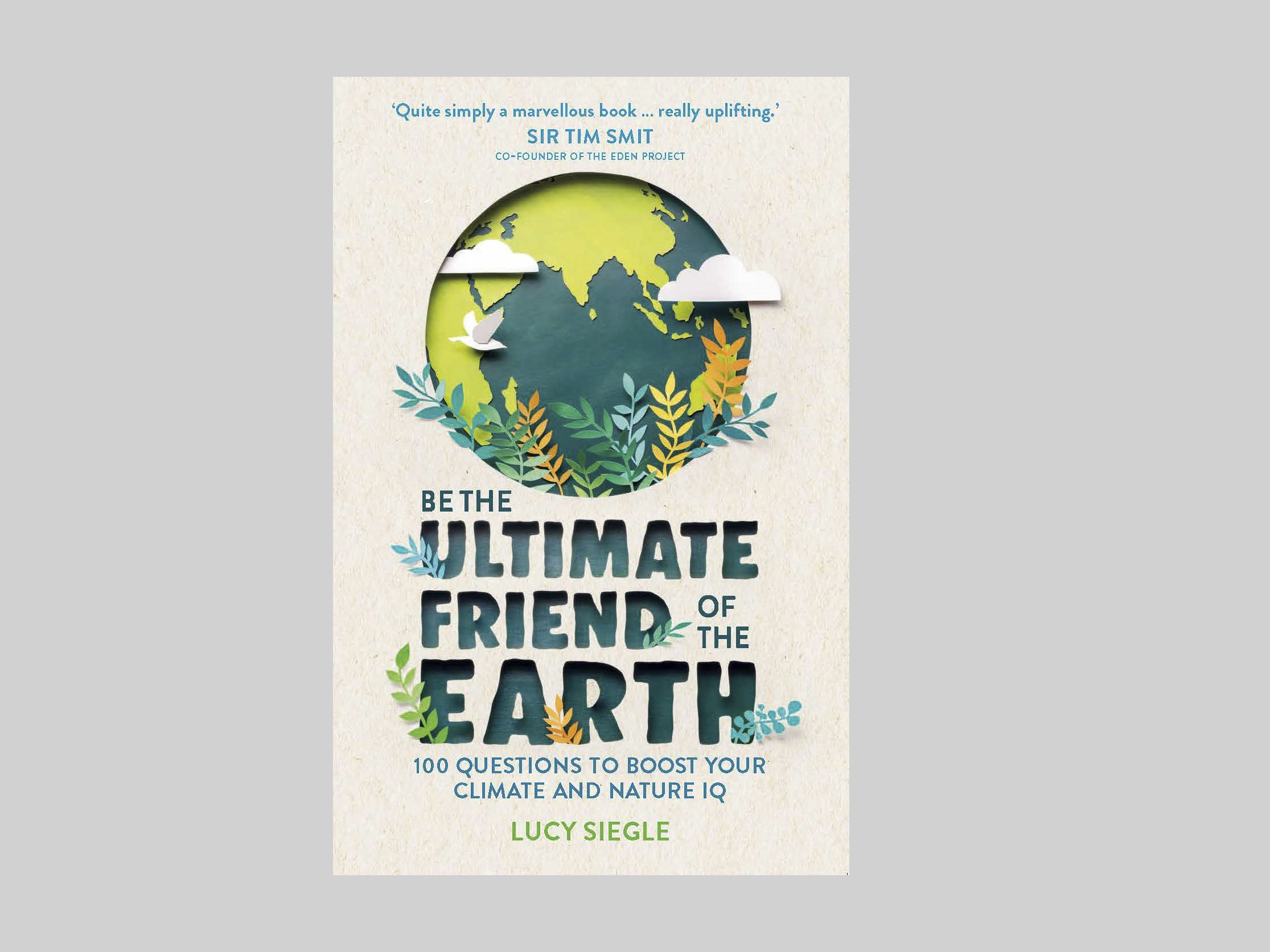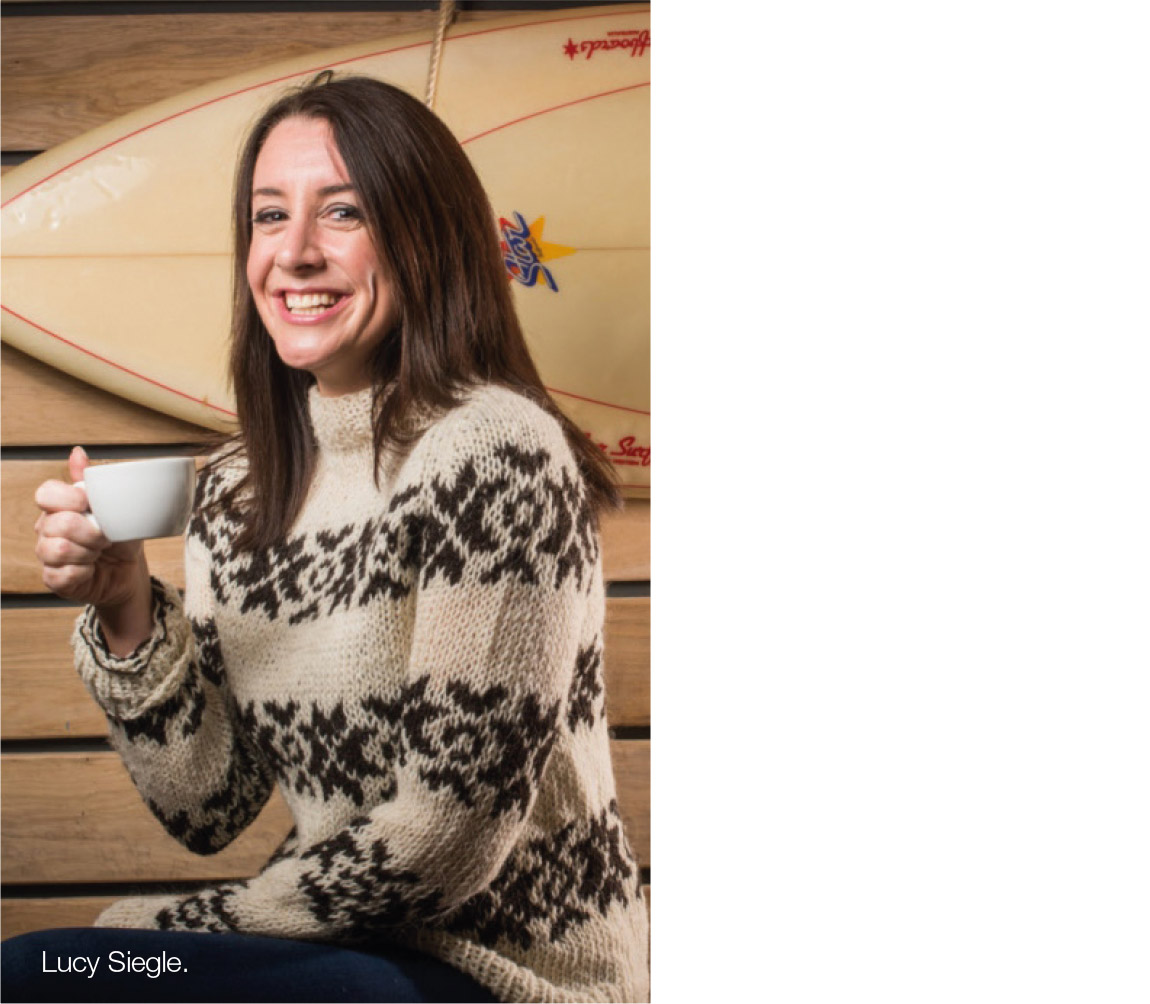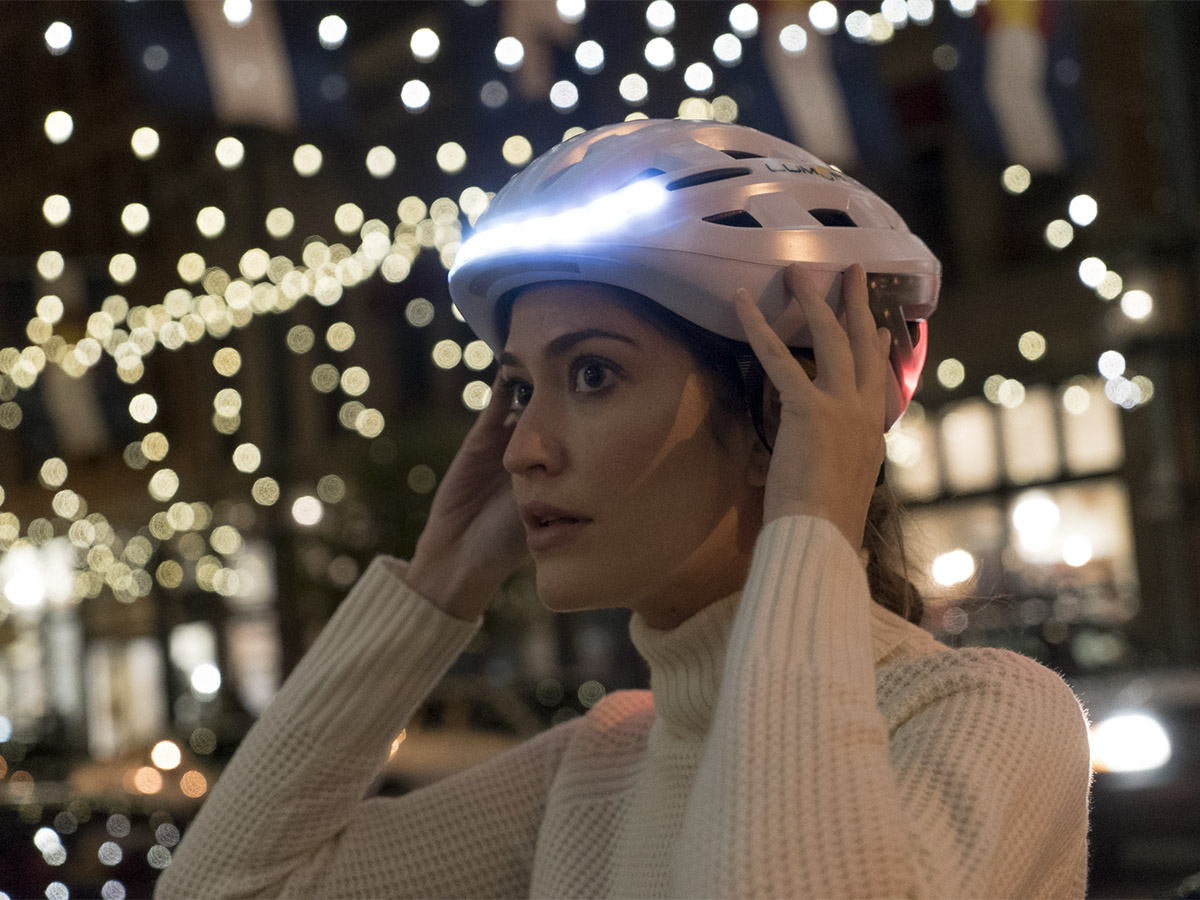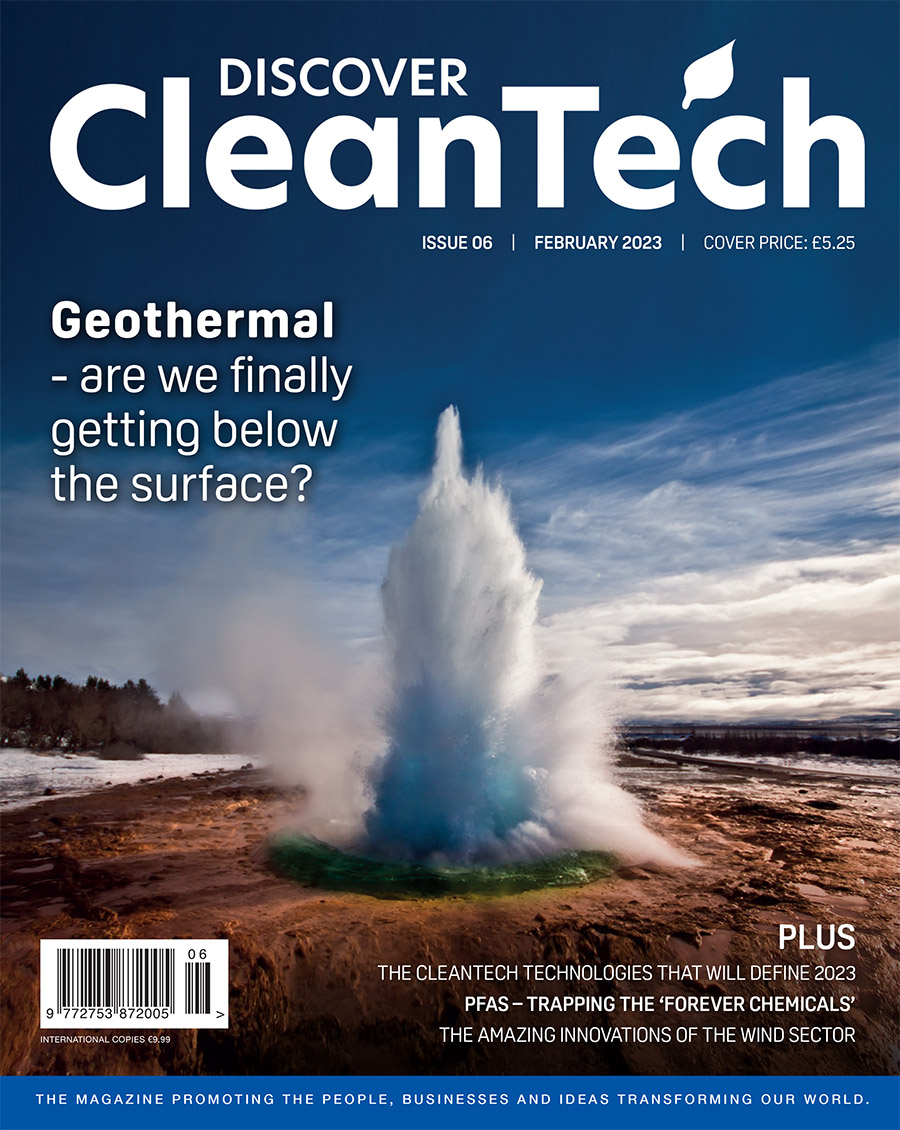Book of the Month: Be the Ultimate Friend of the Earth, by Lucy Siegle
BY ANDERS LORENZEN | PHOTOS: MICHAEL O’MARA BOOKS

Be the Ultimate Friend of the Earth is not your typical book for technology geeks. Rather, as the title suggests, it sets out the role individuals can play in leading an eco-friendlier life. But because cleantech is only a part of the solution, it is the book Anders Lorenzen presents as this month’s Book of the Month.
Lucy Siegle is a journalist, author and frequent contributor to various outlets focusing on sustainability and green living, and this is the topic she explores in Be the Ultimate Friend of the Earth. The light and easy-to-read book covers areas such as activism and green heroes, science, forests and oceans, consumerism, an eco-friendlier life, and the changes required to create it. Set up as an interactive read, the book breaks the subjects up with tests to assess the reader’s knowledge at the end of each chapter, giving the particular subject and random snippets of facts on individual pages.
While climate change and the breakdown of ecosystems are complex issues, in Be the Ultimate Friend of the Earth, Siegle attempts a holistic approach to the issues. She touches on the science, but she does so without going into too much of the details, ensuring that no one will feel overwhelmed or confused by complicated statistics.
Furthermore, as the overarching focus of the book is on reducing consumption and being more mindful of the impact of individual choices and lifestyles, the solutions proposed are largely based on individual ways to reduce consumption and recycle more, a circular economy, and activism. Hence, some might miss a section on the technologies and innovations bringing down emissions and aiming to mitigate the issues of overconsumption. However, the book does bring a refreshing different point of view. For instance, when we read about carbon storage today, it is predominantly related to the technological innovations that help us capture and store carbon; Siegle, on the other hand, focuses on the natural elements of carbon storage – through trees and plant life, and she presents some remarkable examples of ways that nature stores carbon, probably unknown to most.
In the introduction to the book, Siegle explains that her motivation for writing Be the Ultimate Friend of the Earth was feedback from parents, kids and teachers who told her that they did not feel they got to study enough about climate change. As such, this is not a book to analyse amongst environmental professionals, but it is a great book to involve the whole family in the issues facing our planet and the possible ways to become part of the solution.

Subscribe to Our Newsletter
Receive our monthly newsletter by email





